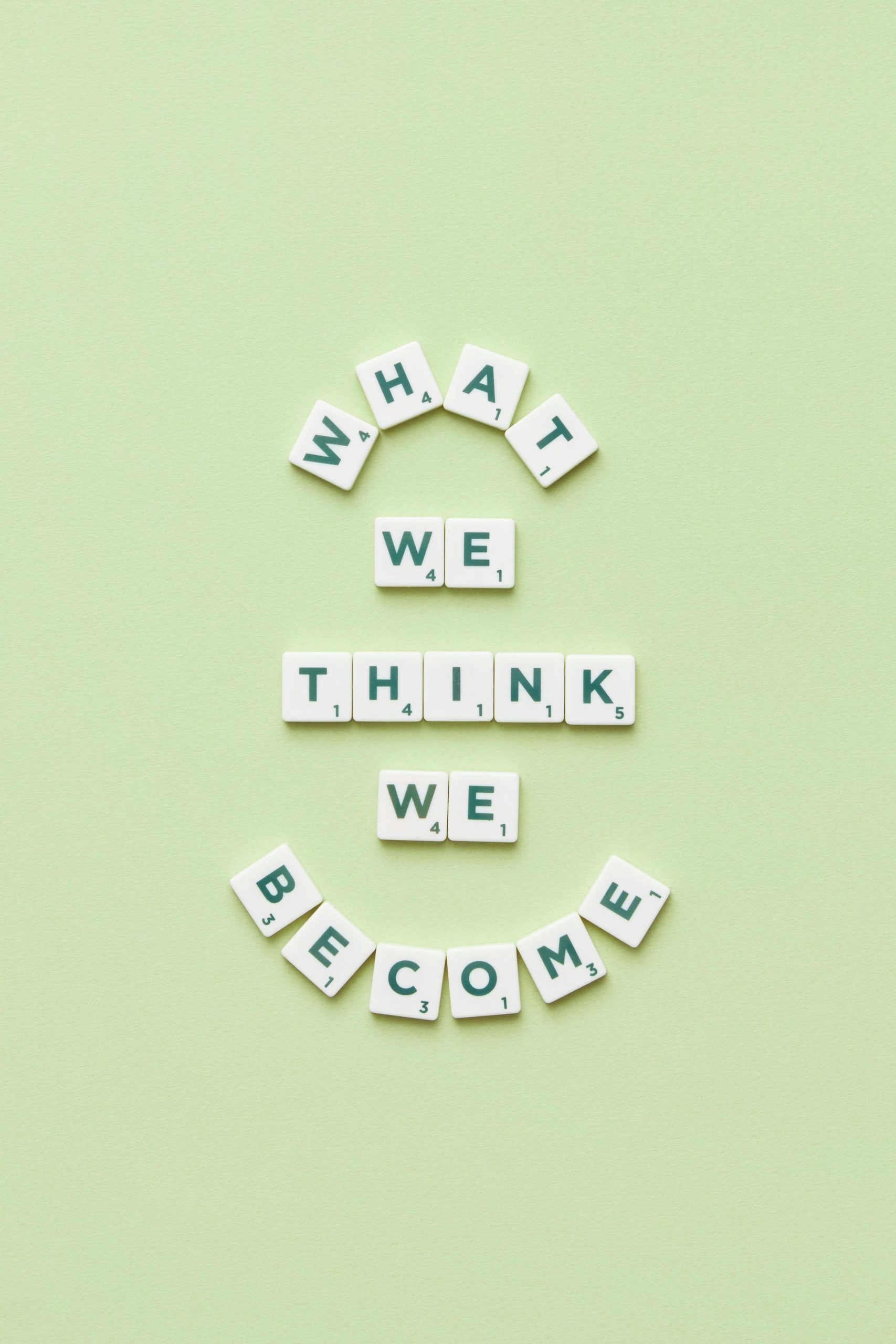The scarcity mindset, characterized by a belief in limited resources and opportunities, can significantly impact freelancers’ professional and personal lives. In freelancing, where competition and instability can be intimidating, adopting a scarcity mentality might lead to fear-driven decisions, like underpricing services, overworking, or accepting every project regardless of its alignment with one’s goals. Freelancers who perceive opportunities as finite may struggle to collaborate with peers, fearing lost clients to competitors, or miss out on enriching experiences and learning opportunities by hoarding information rather than sharing insights.
Conversely, shifting from a scarcity mindset to an abundance mindset—believing in plentiful opportunities and potential for growth—can transform a freelancer’s approach. It encourages risk-taking on valuable projects, investing time in skill improvement, and building genuine, supportive relationships with other freelancers. This mindset not only helps in maintaining a healthy work-life balance but also boosts creativity and innovation by alleviating stress and opening the mind to diverse possibilities.
Ultimately, how freelancers perceive the scarcity mindset can profoundly affect their trajectory; recognizing its presence and actively working towards adopting an abundance perspective can lead to more fulfilling, sustainable careers.










2 Comments
Thank you for shedding light on such a vital aspect of the freelancing experience! The transition from a scarcity to an abundance mindset is indeed transformational. One point I’d love to emphasize is the role of community in this shift. Freelancers often work in isolation, which can amplify feelings of scarcity. However, actively engaging in a supportive network, whether through local meetups, online forums, or coworking spaces, can foster a sense of shared resources and opportunities.
By collaborating with peers, sharing knowledge, and celebrating each other’s successes, freelancers can collectively challenge the scarcity mentality. Additionally, mentorship—whether giving or receiving—can provide valuable perspectives that highlight the potential for growth and connection in our field. As we begin to see ourselves as part of a larger community rather than isolated competitors, we can cultivate an environment that embodies abundance, ultimately benefiting all of our careers.
Have others here experienced shifts in their mindset through collaboration? I’d love to hear your stories!
Thank you for highlighting the profound impact of mindset on freelancing success. I’d like to add that embracing an abundance mindset also involves cultivating self-awareness and resilience. For instance, recognizing when scarcity thinking arises—such as fear of not securing enough clients or undervaluing your services—can be the first step toward reframing those beliefs. Practical strategies like building a strong professional network, continuously updating your skills, and celebrating small wins can reinforce the perception of abundance. Moreover, shifting focus from competition to collaboration—think joint ventures or knowledge sharing—can create a more supportive ecosystem that benefits all parties involved. Ultimately, fostering an abundant outlook not only attracts more opportunities but also nurtures a mindset of growth and sustainability in the long run.